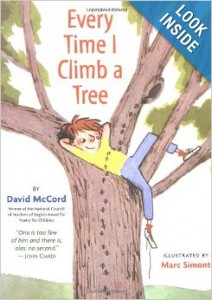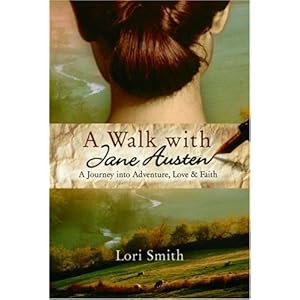Margret [Reed] did her best to revive a few hours of Christmas joy for her hungry children. She’d saved a meager hoard for the occasion–a few dried apples, a few beans, a little tripe, and a small piece of bacon. The children watched as the treats simmered in the kettle, and when they sat down to this Christmas feast, Margret told them, ‘Children, eat slowly, for this one day you can have all you wish.’ For the rest of her life, not matter how grand a Christmas dinner spread on her table, Virginia never forgot what her mother did for them. ‘So bitter was the memory relieved by that one bright day, that I have never since sat down to a Christmas dinner without my thoughts going back to Donner Lake.'” ~Women of the Frontier by Brandon Marie Miller
The Reed family was a part of the famous, or infamous, Donner Party, a group of families headed for Oregon/California who attempted to cross the Sierra Nevada Mountains in the fall of 1846. Many of the settlers in the party perished of cold or starvation when the winter snows trapped the group at Lake Truckee, now called Donner Lake to commemorate the unfortunate Donner Party. Margret Reed, her husband, James, and their four children—Virginia, Patty, James, Jr. and Thomas—survived the ordeal to settle in California.
Today’s gifts from Semicolon:
A song: One of my favorite songs by one of my favorite singers, Karen Carpenter singing I Heard the Bells on Christmas Day.
A movie: I’ve become fond of The Ultimate Gift with a really aged James Garner as the grandfather/gift-giver. It made me feel old to watch and remember The Rockford Files when James Garner was young(ish) and played one of the great TV detectives. The movie has a great message, and if the plot gets a little thin at times, the characters and the heart make up for a creaky plot.
A booklist: Gift books for what they want to be when they grow up.
A birthday: David Macaulay, b.1946.
A verse: Christmas Bells by Henry Wadsworth Longfellow. The entire poem has seven stanzas or verses.



